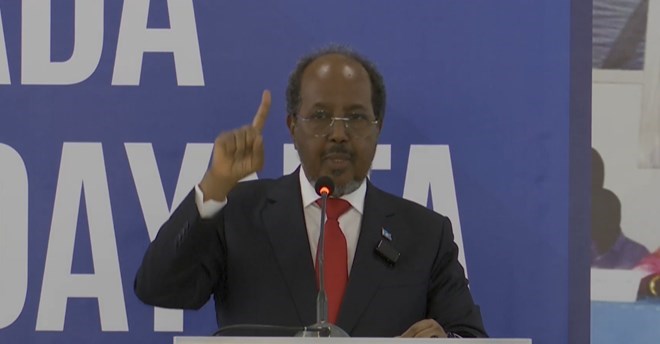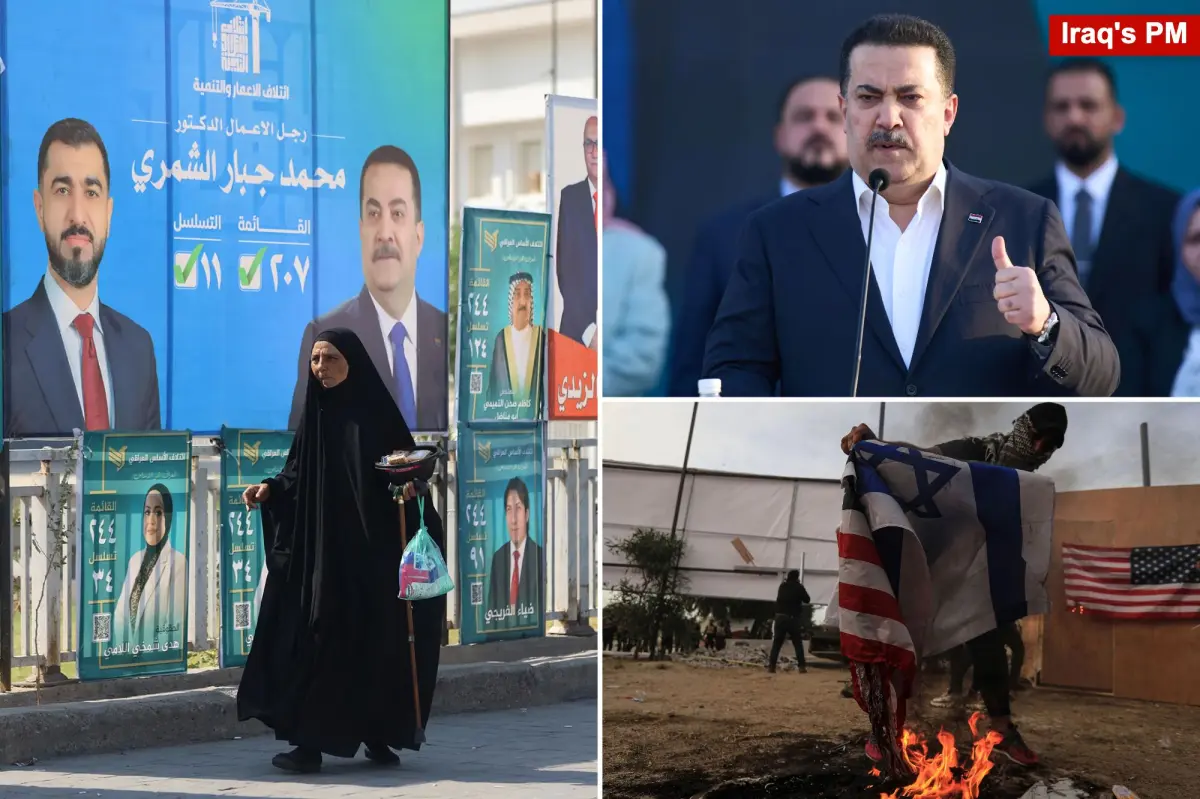Copyright hiiraan

Hiiraan Online Today from Hiiraan Online: Somali Music advertisements In Arta, Hassan Sheikh calls for end to Somalia’s 4.5 clan system FacebookFacebook messengerTwitterWhatsAppLinkedInTelegramEmail Thursday October 30, 2025 Somali President Hassan Sheikh Mohamud delivers a speech in Arta, Djibouti, on Thursday, October 30, 2025, calling for Somalia to move beyond the decades-old 4.5 clan-based power-sharing system. The president described the formula as outdated and an obstacle to building a fair and modern state. Mogadishu (HOL) — Somali President Hassan Sheikh Mohamud has urged the nation to move beyond the decades-old 4.5 clan-based power-sharing formula, calling it a relic of post-war politics that now hinders the country’s pursuit of democratic governance. Speaking Thursday in Arta, Djibouti, where the system was first introduced 25 years ago, President Mohamud said the arrangement had stabilized Somalia in a time of collapse but no longer aligns with the country’s vision for fairness and modern statehood. “The 4.5 system was introduced when Somalia had nothing. It was a temporary measure meant to help us through a difficult time,” Mohamud said. “But it has stayed with us far too long.” The president urged Somali leaders to replace clan-driven politics with institutions rooted in competence and justice. “To move beyond 4.5, we must end personality politics,” he added. “Somalia is now on the right path by aligning itself with modern governance systems across the world.” The 4.5 system was born out of the Arta Peace Conference of 2000, convened in Djibouti at a time when Somalia had no central authority. More than 2,500 delegates, including elders, scholars, women, and business leaders, gathered under the auspices of IGAD and the Djibouti government to rebuild governance after a decade of civil war. The conference produced the Arta Declaration, affirming Somalia’s unity and sovereignty while creating the Transitional National Government (TNG) under President Abdiqasim Salad Hassan, the first internationally recognized Somali government since 1991. The TNG restored Somalia’s membership in the United Nations, African Union, and other global bodies, marking the country’s diplomatic return after years of isolation. Under the 4.5 framework, the 275-member parliament was divided along clan lines: each of the four major clans received 61 seats, while minority and marginalized communities shared 31. Initially credited with bringing balance and stability, the system has since been blamed for entrenching clan identity in politics and discouraging merit-based leadership. Critics say it institutionalized inequality, weakened public trust, and reduced the role of women and youth in governance. While Somali leaders have repeatedly pledged reform, political consensus has remained elusive, partly because power-sharing under 4.5 has become the foundation for government formation, resource allocation, and representation across the federal system. The legacy of Arta influenced later reconciliation talks in Eldoret (2002) and Mbagathi (2004) in Kenya, which produced the Transitional Federal Government (TFG), a successor to the TNG. Both the United Nations and IGAD continue to recognize the Arta process as the cornerstone of Somalia’s post-conflict reconstruction. Arta’s delegates also urged strict enforcement of the UN arms embargo and stronger regional cooperation. Now, as the country prepares for its first direct national elections in 2026, the debate over 4.5 has regained momentum. Reformists argue that maintaining clan quotas is incompatible with a one-person, one-vote democracy, while others caution that abandoning the formula too quickly could risk political instability. President Mohamud’s speech in Arta was as symbolic as it was strategic. By returning to the birthplace of the 4.5 system, he highlighted Somalia’s progress from state collapse toward institutional renewal. “We must create a system that unites Somalis — one that is built on justice, equality, and good governance,” he said. With files from the BBC Somali Service Opinion| Privacy Policy|Sports|Somali Music|Somali Map All Rights Reserved Copyright. © 1999-2025, www.hiiraan.com



